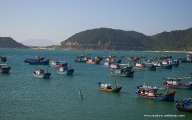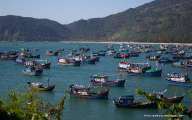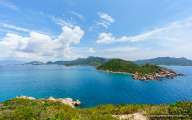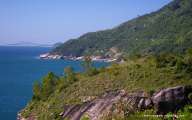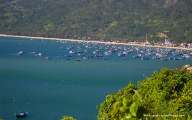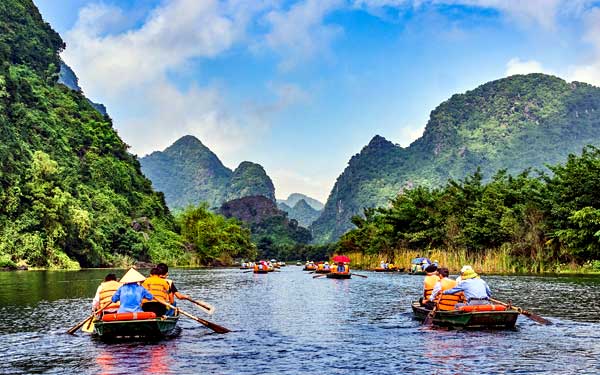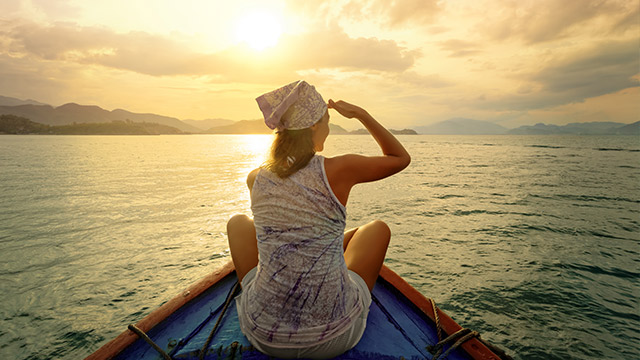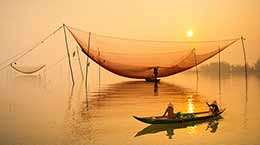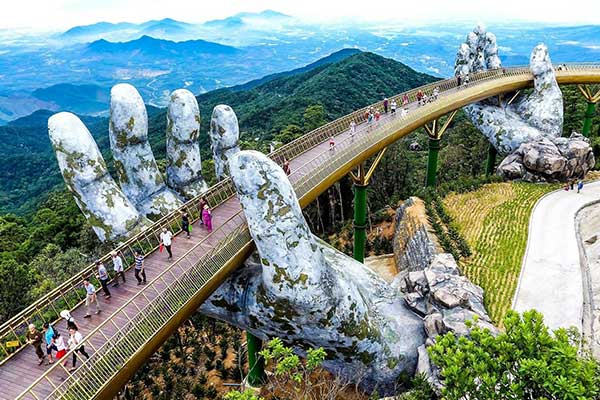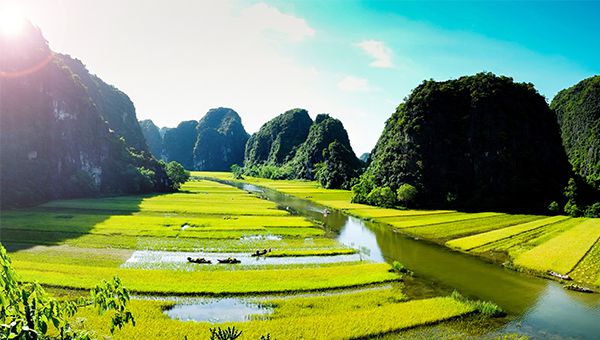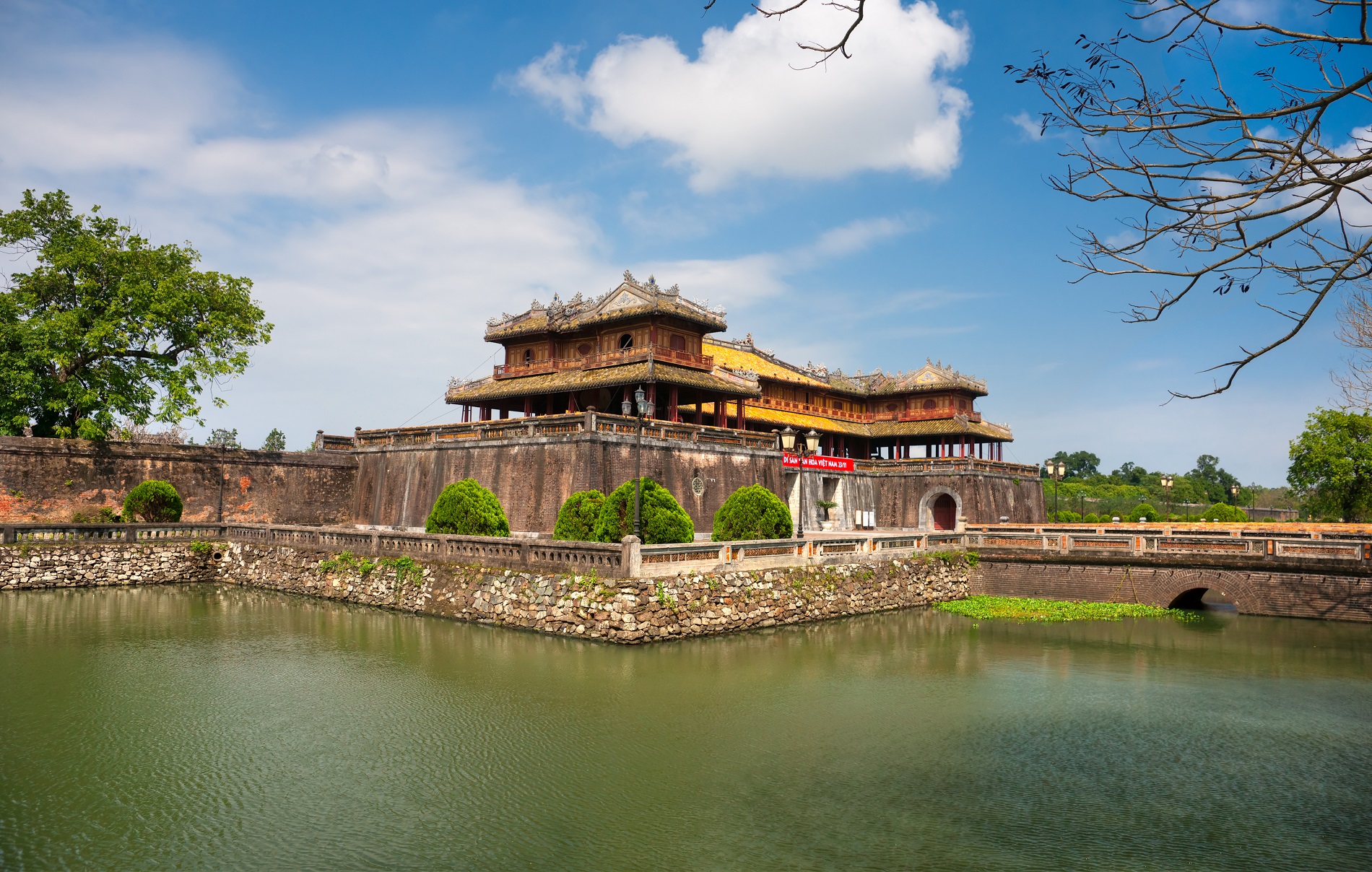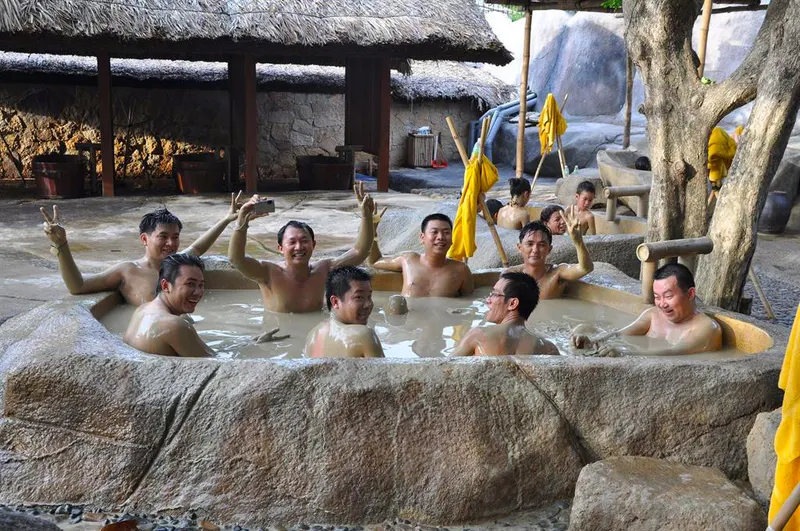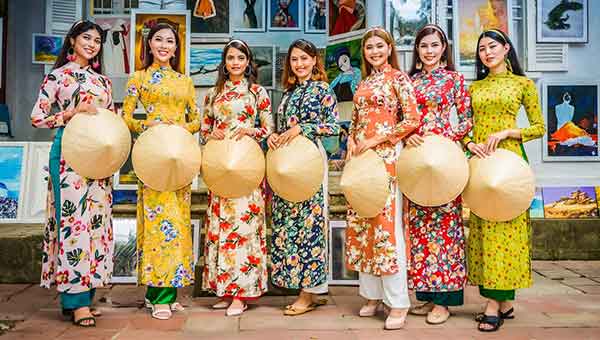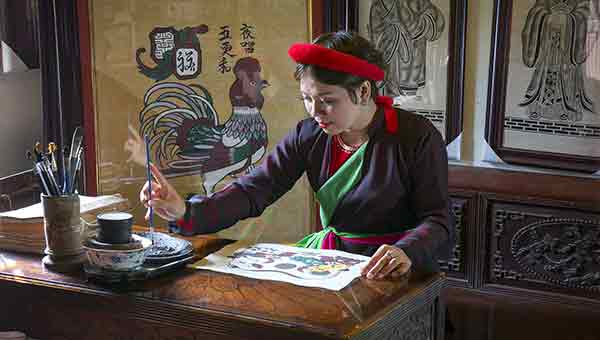0084 982 661 133
Viber Available
[email protected]
Send us an e-mail
Best Vietnam Tours from Australia
What are the visa requirements for Australians traveling to Vietnam?
As of April 2025, the visa situation for Australians visiting Vietnam in 2025 is as follows:
- Australians require a valid visa to enter Vietnam, and they can opt for a 30-day e-visa for single entry or a 90-day e-visa for multiple entries.
- Australian passports must be valid for at least 6 months beyond the arrival date and have at least 2 blank visa pages.
- Australians can apply online for an e-visa for tourism or business.
- Australian tourists can obtain a Vietnam visa on arrival, but they will need an approval letter from a Vietnamese travel company.
What is the best time of year to visit Vietnam from Australia, considering factors like weather, crowds, and flight prices?
Vietnam is a year-round destination, but the best time to visit from Australia depends on your preferences and itinerary. Spring (February to April) is ideal for mild temperatures and low rainfall across the country, while summer (May to August) is great for sunny beaches and lower prices in the central and south regions.
How long are the flights from Australia to Vietnam?
Vietnam is a popular destination for Australian travellers, offering diverse culture, nature, and cuisine. The flight duration from Australia to Vietnam depends on the departure and arrival cities, the airlines, and the number of stops. The average flight time is around 8 hours for direct flights, and up to 20 hours for connecting flights.
What is the typical weather like in Vietnam?
Vietnam has a diverse climate, with four seasons in the north, two seasons in the central and south regions, and monsoon influences throughout the year. The best time to visit depends on your preferences and itinerary, as each region and season has its own advantages and disadvantages. Vietnam is a beautiful and diverse country that offers something for everyone, regardless of the weather.
What vaccinations are recommended for travel to Vietnam?
Some of the specific vaccinations that are recommended for Vietnam are:
- Hepatitis A: This vaccine protects you from a viral infection that affects the liver and is spread through contaminated food and water. Hepatitis A is common in Vietnam, especially in rural areas.
- Hepatitis B: This vaccine protects you from another viral infection that affects the liver and is spread through blood and body fluids. Hepatitis B is also prevalent in Vietnam, and travellers may be exposed through sexual contact, medical procedures, tattooing, or piercing.
- Typhoid: This vaccine protects you from a bacterial infection that causes fever, headache, and diarrhoea. Typhoid is spread through contaminated food and water, and is a serious risk in Vietnam, especially if you are visiting smaller cities or rural areas.
- Japanese encephalitis: This vaccine protects you from a viral infection that causes inflammation of the brain and can be fatal. Japanese encephalitis is spread by mosquitoes, and is present throughout Vietnam, especially in the northern regions and during the rainy season from May to October.
- Rabies: This vaccine protects you from a viral infection that causes a fatal brain disease. Rabies is spread by the saliva of infected animals, such as dogs, cats, monkeys, and bats. Rabies is a high risk in Vietnam, and travellers should avoid contact with animals and seek immediate medical attention if bitten.
Depending on your travel itinerary and activities, you may also need other vaccinations, such as malaria, cholera, meningitis, or yellow fever. You should consult your doctor or a travel health clinic at least a month before your trip to get the appropriate advice and prescriptions.
By getting vaccinated for Vietnam, you can enjoy your trip without worrying about preventable diseases. Remember to also practice good hygiene, use insect repellent, and drink bottled water to stay healthy and safe.
What is the cost of the Vietnam tours from Australia?
The cost of the Vietnam tours from Australia can vary widely depending on your travel choices. However, you can expect to spend around $75-$100 per day for a mid-range tour, which includes accommodation, transportation, activities, breakfast, and visa. If you want to save money, you can travel in the low season, book a group tour, stay in budget accommodation, and eat local food. If you want to splurge, you can travel in the high season, book a private tour, stay in luxury accommodation, and enjoy premium activities.
Request A Free Quote
Travel Guides
PrevNext
Vietnam's Thriving Tourism Industry
Vietnam is a Southeast Asian country that has a lot to offer for travelers who are interested in its culture, history, nature, and cuisine. Vietnam's tourism industry has been steadily growing in popularity, as more and more people discover its...
When is the best time to travel to Vietnam?
Vietnam is a country that offers a wealth of culture, nature, history, and adventure for travelers. However, choosing the best time to travel to Vietnam can be tricky, as the weather and seasons vary greatly from north to south and...
THE 38 BEST Things to Do in Vietnam
Vietnam is a country that offers something for everyone, from natural wonders to cultural heritage, from historical sites to culinary delights. Whether you want to cruise the scenic Halong Bay, explore the spectacular caves of Phong Nha-Ke Bang National Park,...
Vietnam Tours from Malaysia: How to Plan Your Perfect Trip
Vietnam is a fascinating and diverse country that offers something for everyone. Whether you want to explore the vibrant cities, the stunning natural scenery, the rich culture, or the delicious cuisine, you will find it in Vietnam. If you are...
Vietnam Tourist Season: When to Go and What to Expect
Vietnam is a beautiful and diverse country that offers a variety of experiences for travelers. However, choosing the best time to visit Vietnam can be tricky, as it depends on many factors, such as region, season, weather, activity, budget, and...
Things to do in Hue
Referring to Hue, people remember the poetic image of the Huong River and its ancient beauty. Hue is also a place to store many long-standing cultural heritages of Vietnam. Domestic and foreign tourists can visit and admire the magnificence of...
Things to do in Nha Trang
Nha Trang is known as a magnificent masterpiece of nature in Viet Nam. The diverse natural landscape has made the irresistible attraction of tourism activities here. Now, let's explore these 9 best things to do in Nha Trang with the Asia...
Best Places to Visit in Vietnam in 2025
Vietnam is one of the most amazing destinations in Southeast Asia, with a rich history, a vibrant culture, and a breathtaking scenery. Whether you want to explore the ancient temples, the colonial towns, the majestic mountains, the green rice terraces,...
Vietnam Holiday from South Africa
When South African think of Southeast Asia, they often think of Thailand, Bali or Maldives… but recent years, Vietnam come up as a new & hot destination when they plan a trip to Southeast Asia. Nowadays, travel information of Vietnam...
